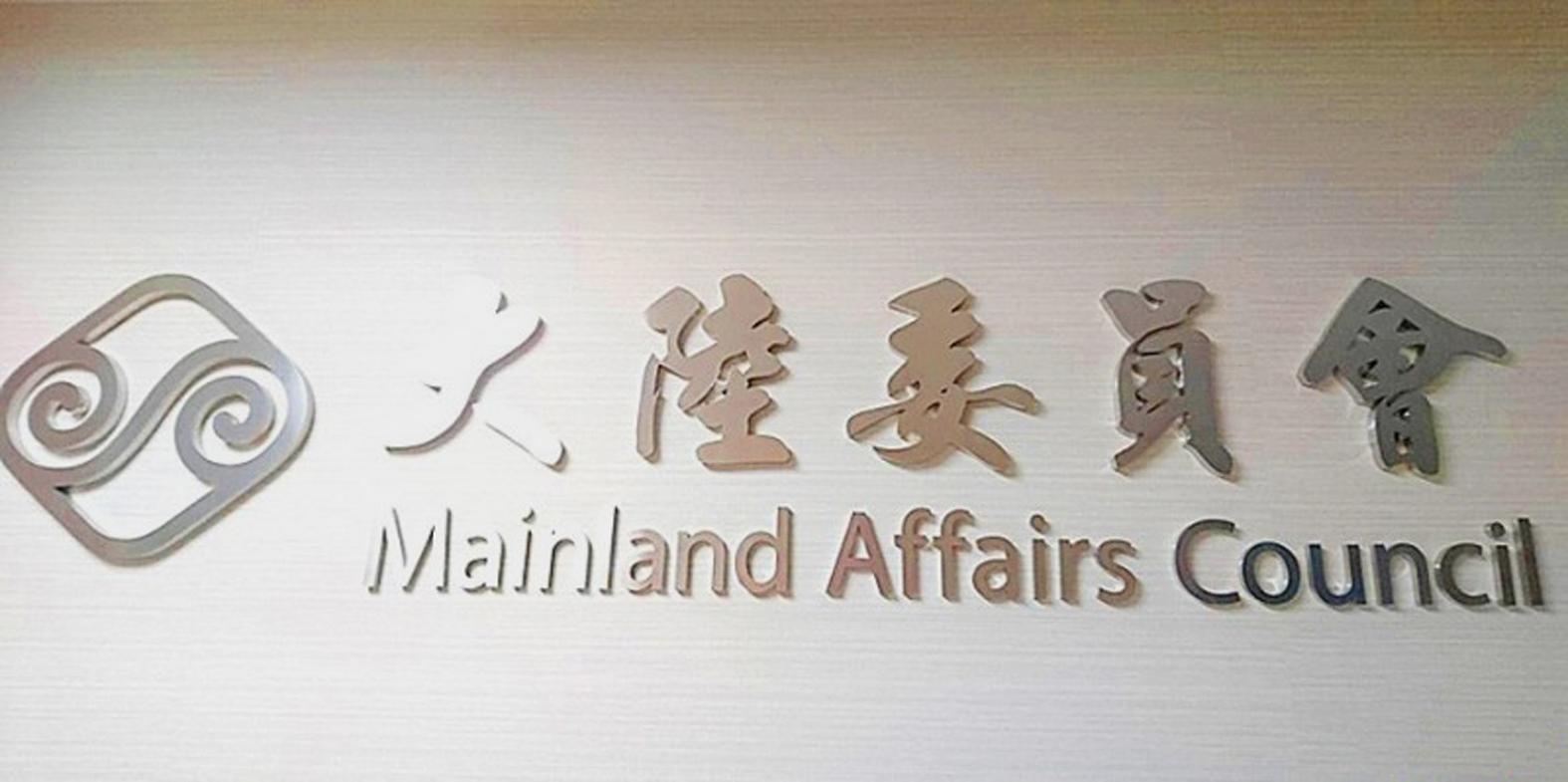Taiwan would never accept Beijing’s “deceptive and insolent” approach to cross-strait relations, the Mainland Affairs Council (MAC) said on Saturday in response to accusations at China’s 13th Straits Forum that Taipei is endangering peace in the Taiwan Strait.
Chinese People’s Political Consultative Conference Chairman Wang Yang (汪洋), the host of the event held earlier that day in Xiamen, vowed to leave no room for Taiwanese “secessionist activities.”
China “has confidence in achieving the complete unification of the motherland,” Wang said in his opening remarks, adding that the “scientific concept” of “one country, two systems” is the way to peacefully resolve the Taiwan problem.

Photo: Chung Li-hua, Taipei Times
Saying that all Chinese are eagerly awaiting unification, he urged Taiwanese to “stand on the right side of history” and draw a clear line between themselves and “independence forces” by supporting “one China” and the so-called “1992 consensus.”
He blamed Taiwanese authorities for increasing tensions, saying they are “wantonly undermining cross-strait relations and endangering peace in the Taiwan Strait out of partisan self-interest.”
These individuals would “suffer the consequences” when playing with fire, Wang added.
China — not Taiwan — is the one posing a threat to peace in the Taiwan Strait, the MAC said, citing Beijing’s attempts at political coercion and “united front” sabotage.
The Chinese Communist Party (CCP) has adopted an erroneous and inflexible strategy toward cross-strait relations and has “trapped itself in a vicious cycle of contradictions,” it said.
Taiwan and the international community have implored Beijing to exercise self-control, it added.
Recent adverse treatment of Taiwan has caused resentment toward China among all parts of Taiwanese society and has only confirmed the unilateral unificationist agenda of the Straits Forum, the council said.
Taiwan supports healthy and orderly interactions that follow established protocol, it said, calling on China to avoid erecting barriers to mutual understanding.
The council also urged Taiwanese to see that the CCP is two-faced and work together to protect the nation’s best interests.

The Grand Hotel Taipei on Saturday confirmed that its information system had been illegally accessed and expressed its deepest apologies for the concern it has caused its customers, adding that the issue is being investigated by the Ministry of Justice Investigation Bureau. The hotel said that on Tuesday last week, it had discovered an external illegal intrusion into its information system. An initial digital forensic investigation confirmed that parts of the system had been accessed, it said, adding that the possibility that some customer data were stolen and leaked could not be ruled out. The actual scope and content of the affected data

DO THEY BITE IT? Cats have better memories than people might think, but their motivation is based entirely around the chance of getting fed Cats can remember the identity of the people who fed them the day before, Taipei-based veterinarians said on Friday, debunking a popular myth that cats have a short memory. If a stray does not recognize the person who fed them the previous day, it is likely because they are not carrying food and the cat has no reason to recognize them, said Wu Chou Animal Hospital head Chen Chen-huan (陳震寰). “When cats come to a human bearing food, it is coming for the food, not the person,” he said. “The food is the key.” Since the cat’s attention is on the food, it

A New York-based NGO has launched a global initiative to rename the nation’s overseas missions, most of which operate under the name "Taipei," to "Taiwan Representative Office (TRO)," according to a news release. Ming Chiang (江明信), CEO of Hello Taiwan, announced the campaign at a news conference in Berlin on Monday, coinciding with the World Forum held from Monday through Wednesday, the institution stated in the release. Speaking at the event, Democratic Progressive Party Legislator Huang Jie (黃捷) said she believed this renaming campaign would enable the international community to see Taiwan

DEFENSE: The US should cancel the US visas or green cards of relatives of KMT and TPP lawmakers who have been blocking the budget, Grant Newsham said A retired US Marine Corps officer has suggested canceling the US green cards and visas of relatives of opposition Taiwanese lawmakers who have been stalling the review of a proposed NT$1.25 trillion (US$39.7 billion) special defense budget. The Executive Yuan has proposed the budget for major weapons purchases over eight years, from this year to 2033. However, opposition lawmakers have refused to review the proposal, demanding that President William Lai (賴清德) first appear before the Legislative Yuan to answer questions about the proposed budget. On Thursday last week, 37 bipartisan US lawmakers sent a letter to Legislative Speaker Han Kuo-yu (韓國瑜), the heads